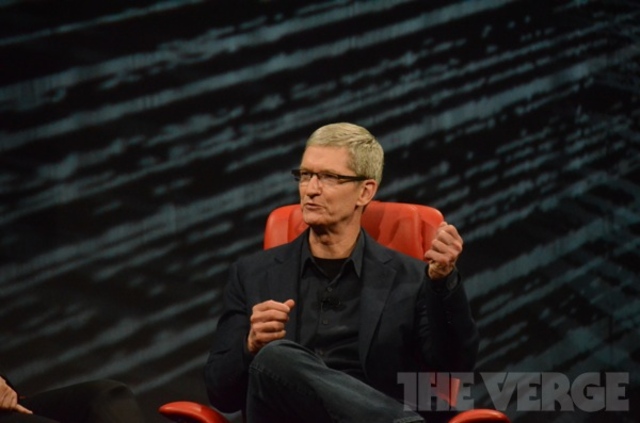 |
| Huntington Ave.: behind the BART tracks are 101 and SFO. |
The
minivan was due for an oil change and a transmission check, but there were twelve cars in front of it. I would have to leave the van overnight in San Bruno.
My more intense, younger self would have called for a ride or taken a taxi, but now I welcome opportunities for contemplation. I began hoofing south toward Burlingame.
San Bruno is a working-class community. Crowded with older homes on small lots, it boomed during the post-war decades. Much of the city was constructed
long before city planning became a discipline.
Light industry and commercial buildings intrude among the residential areas, which have narrow winding streets resembling San Francisco more than Orange County.
The Tanforan race track operated for 64 years (during World War II it was
a Japanese-American internment camp) until the property was converted to a shopping mall in 1971.
San Francisco International Airport on the other side of the 101 freeway is a source of business and employment, as well as pollution and traffic.
San Bruno's best-known landmark is the
Golden Gate National Cemetery, whose 161 acres comprise one of the few green expanses on the developed Peninsula.
We are always driving around or through San Bruno but rarely stop. Hoofing through the city allowed me to wander (like in this post) around the neighborhoods. There were a few run-down houses, but most were well-kept. Children played in front yards. A kid waited for a ride to his violin lesson. Trucks were parked on each block.
 |
| Burlingame fire station on Rollins Road. |
The atmosphere is far from bucolic. Streets are being torn up. Construction occurs along miles of train tracks. Planes fly overhead. But it wasn't unpleasant; in San Bruno everyone is trying to create his own slice of heaven.
In tonier Burlingame, where I met the family for dinner, people seem to be trying just to keep what they have.































